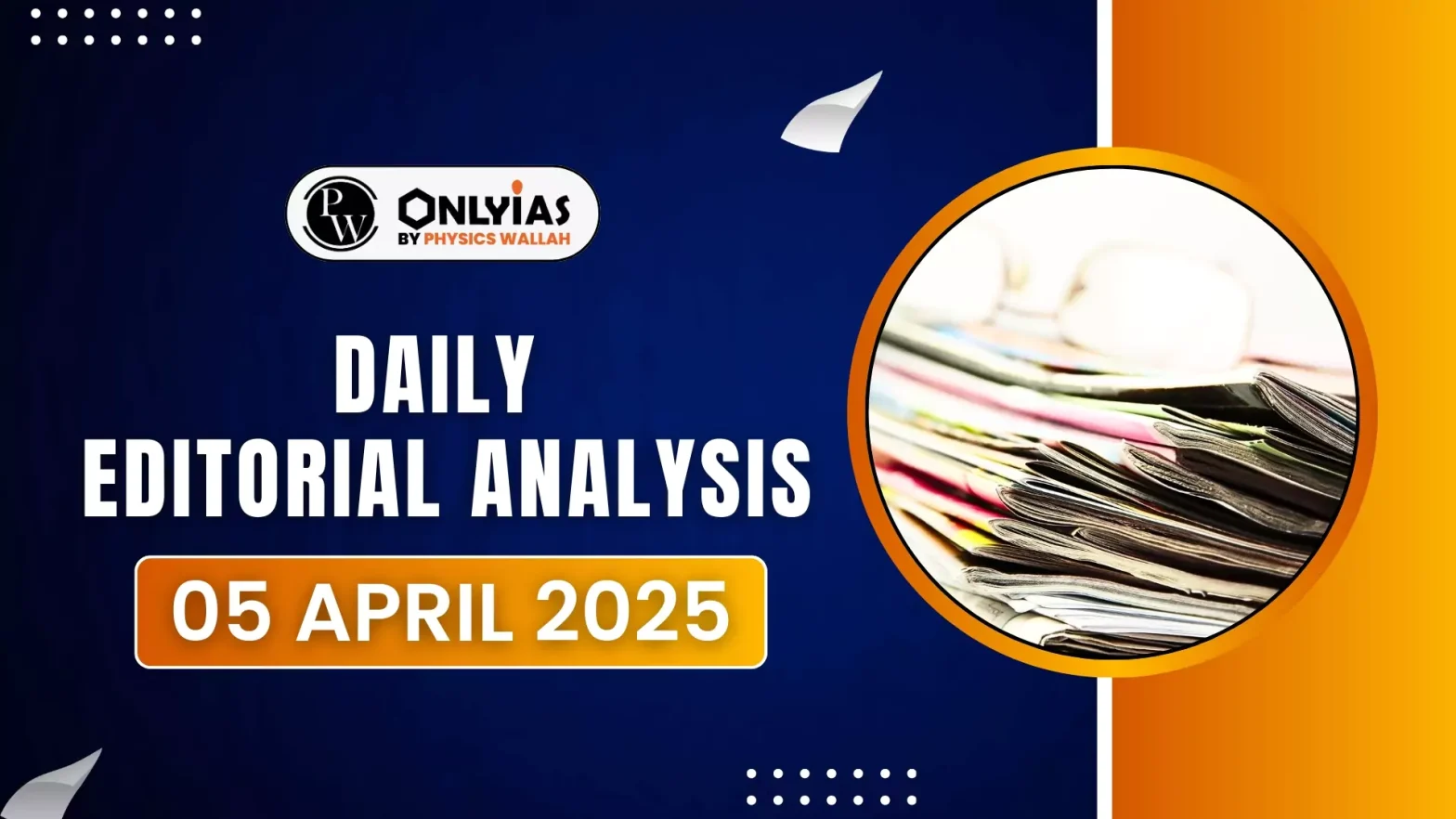The Ukraine conflict, now entering its fourth year, appears to be inching toward a fragile ceasefire, reinforced by maritime and energy truces brokered in Riyadh.
- Diplomatic Momentum: Initiatives by former U.S. President Donald Trump and quiet mediation efforts have culminated in the recent Black Sea deal, suggesting both Russia and Ukraine are war-weary.
Limitations of European Initiatives
- European-Led Mission: Proximity to the conflict and regional stakes make Europe a seemingly logical peacekeeping candidate.
- Leaders like UK Prime Minister Keir Starmer and French President Emmanuel Macron have proposed sending European troops, projecting a “coalition of the willing.”
- Russia’s Opposition: Russia views any NATO-member involvement as a serious provocation. A European-led force is perceived as a NATO Trojan horse, likely to be rejected outright by Moscow.
- Escalation Risk: As stated by Russian Foreign Minister Sergei Lavrov in Qatar, such a force would “fuel the conflict” and obstruct peace efforts. Deployment of European troops could backfire, triggering renewed hostilities instead of calming tensions.
- Domestic Resistance : Public opinion in Europe is broadly against military deployment in Ukraine:
- In France, a majority opposed Macron’s proposal to send troops.
- In the UK, skepticism remains over the risks of entering a volatile post-war zone.
- Operational Limitations: European dependence on U.S. military logistics is a key vulnerability. Under Trump’s uncertain foreign policy, U.S. support for NATO-led missions cannot be guaranteed, raising doubts about sustainability and effectiveness.
- Strategic Risks: The presence of NATO troops along the Russia-Ukraine frontline, even in a peacekeeping role, increases the risk of wider confrontation, something the global community can ill afford.
- Russia’s Red Line: For Moscow, NATO presence is viewed as a direct provocation, undermining the legitimacy of any peacekeeping attempt and potentially derailing ceasefire progress.
Reasons For Supporting Global South led Peace Initiatives
- Operational Experience: The African Union (AU) has led peacekeeping efforts in Sudan, Somalia, and the Central African Republic, proving its ability to handle fragile post-conflict environments.
- BRICS and UN Missions: Countries like Brazil, India, South Africa, and Indonesia have vast experience in UN peacekeeping operations, reflecting both diplomatic balance and military competence.
- Capabilities from Smaller Nations: Nations such as Chile contribute specialised skills, such as demining, crucial for post-war reconstruction in Ukraine.
- Credibility: Nations in the Global South have largely remained neutral in the Russia-Ukraine conflict. This impartiality gives them the moral authority to lead a peacekeeping mission trusted by both sides.
Preconditions for a Successful Global South-Led Mission
- Essentials for Implementation: Robust and clear ceasefire agreement, precisely negotiated front-line demarcation and UN Security Council authorisation and consent from both conflict parties
- Financial and Logistical Support: Western funding, especially from the European Union, would be vital for mission effectiveness and operational reach.
- Exclusion of NATO Troops: To maintain neutrality and Russian acceptance, it is essential to exclude NATO forces entirely from the operation.
- Role of Female Peacekeepers: Female personnel, like those deployed by India in Liberia (2007), build community trust and help address gender-based violence, enhancing mission legitimacy.
India’s Role in Peacekeeping Operations
- Legacy: India has contributed over 2,90,000 peacekeepers to more than 50 UN missions, with over 5,000 deployed currently in 9 missions.
- It was the first country to send an all-women police unit (Liberia, 2007), and has lost 160+ soldiers, the highest among UN troop-contributors.
- Historical Recognition: In 1992, UN Secretary-General Boutros Boutros-Ghali chose India to lead peacekeeping in Yugoslavia, reflecting trust in India’s non-aligned stance.
- Assertiveness: India’s neutral diplomacy with Russia, the West, and Ukraine makes it a natural candidate to lead the current peace process.
- There is a strong case for India to shed its strategic caution and step forward with assertive diplomacy and leadership.
- China Challenge: China, despite close ties with Moscow, has been more proactive, appointing a special envoy for Ukraine and positioning itself as a potential mediator.
- India, by contrast, has yet to take comparable diplomatic steps, creating an opportunity gap in global peace diplomacy.
Way Forward
- Strategic Opportunity: A UN peacekeeping mission in Ukraine represents more than a means to stabilise Eastern Europe. It is a strategic opportunity for the Global South to emerge as a credible force in international diplomacy.
- Relevance for the United Nations: A Global South-led mission offers the UN an opportunity to reaffirm its core mandate maintaining international peace and security.
- It would revitalise the UN’s credibility, which has been questioned due to geopolitical bias and inaction.
- Diplomatic Balance: India’s neutral relations with Russia, Ukraine, and the West position it well to lead a balanced initiative. Its leadership would enhance its profile as a global statesman and voice of the Global South.
Conclusion
A peacekeeping mission in Ukraine, under UN leadership and led by the Global South, offers a unique chance to reshape global diplomacy. It is time for India and its partners to assert their rightful place in shaping a more balanced and multipolar world order.
![]() 5 Apr 2025
5 Apr 2025
